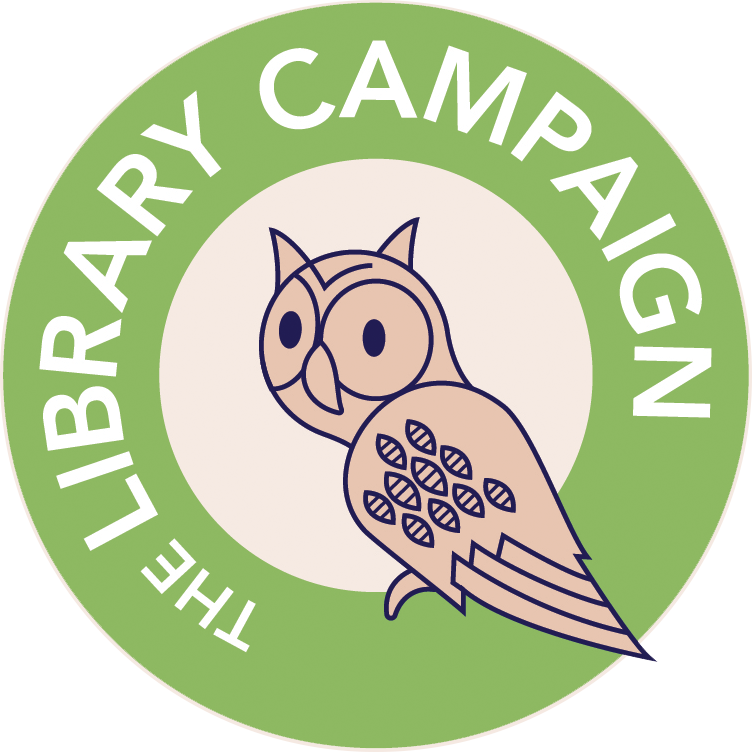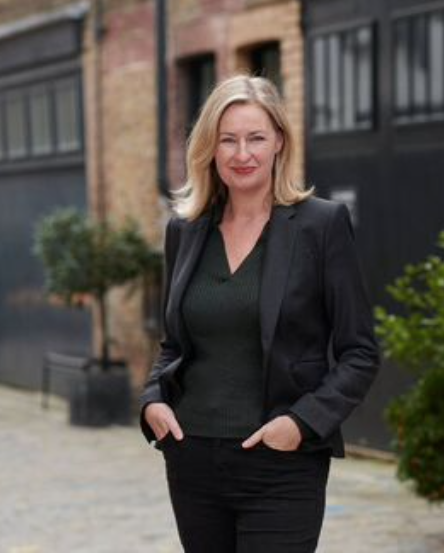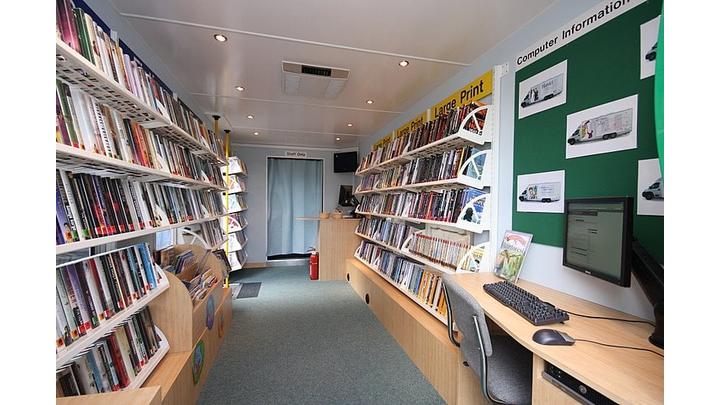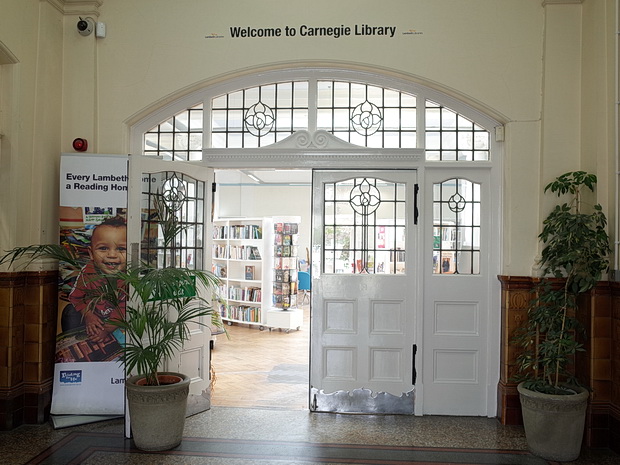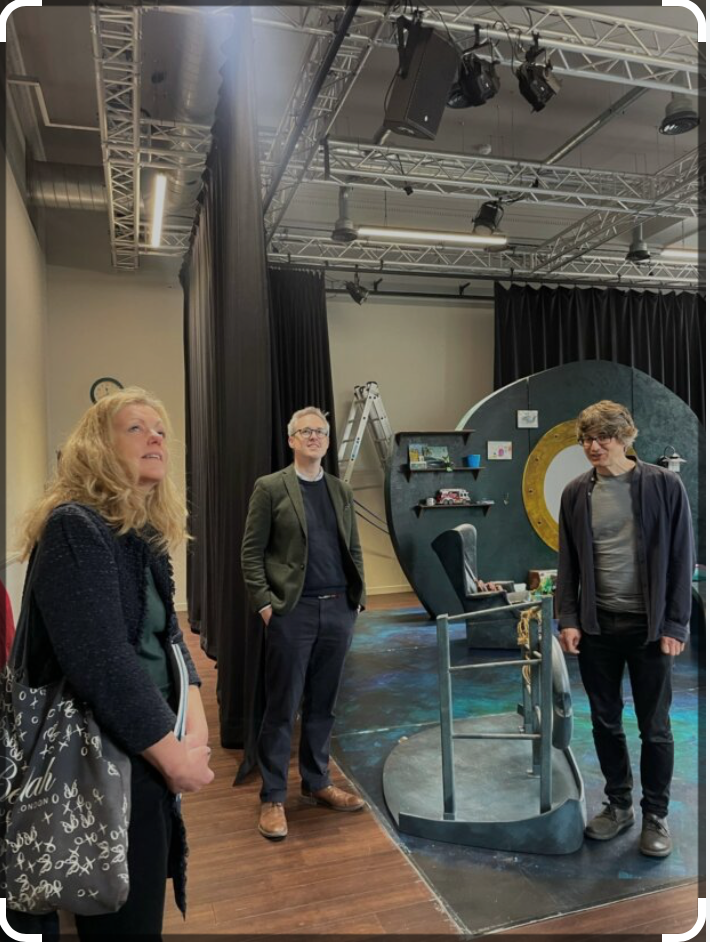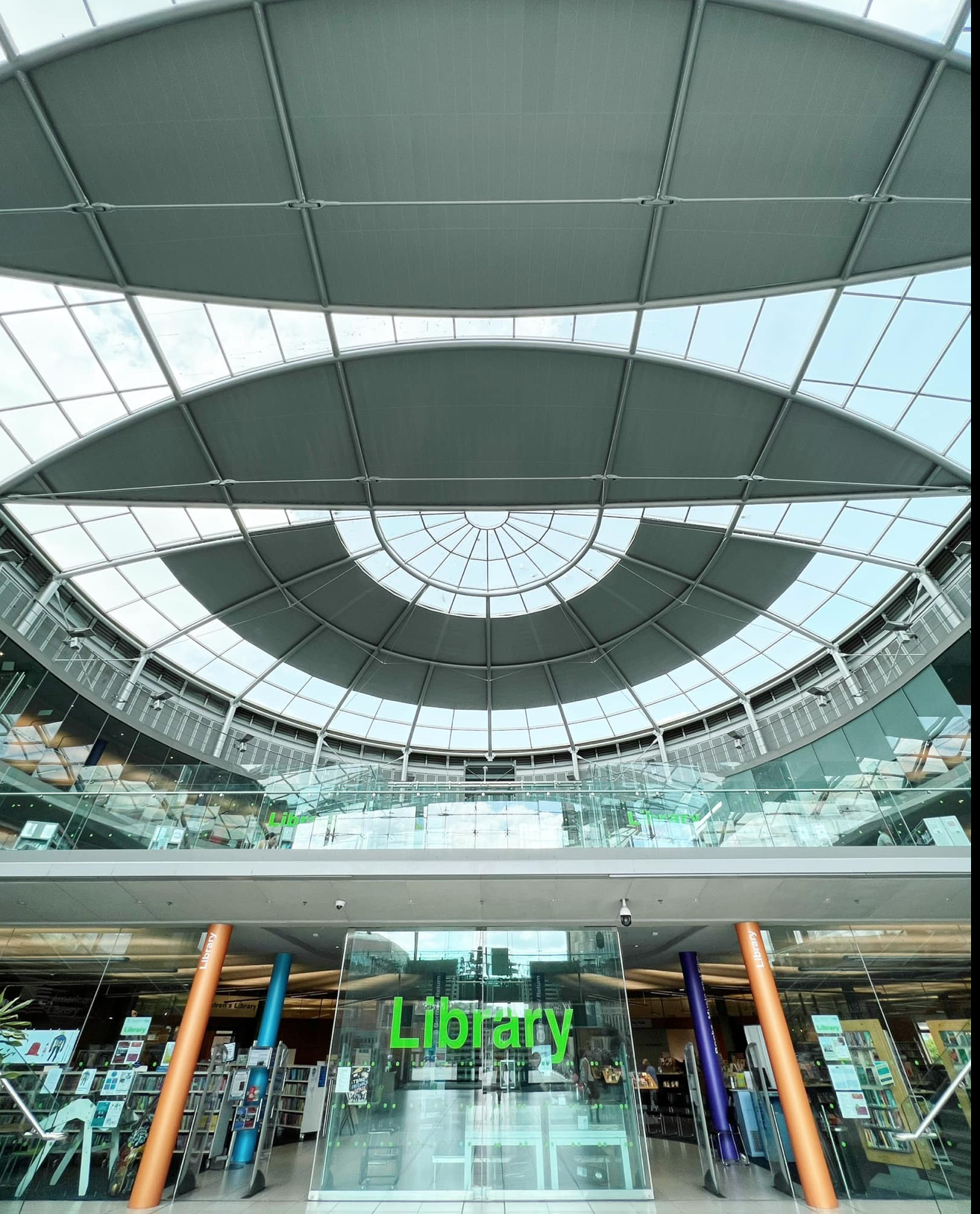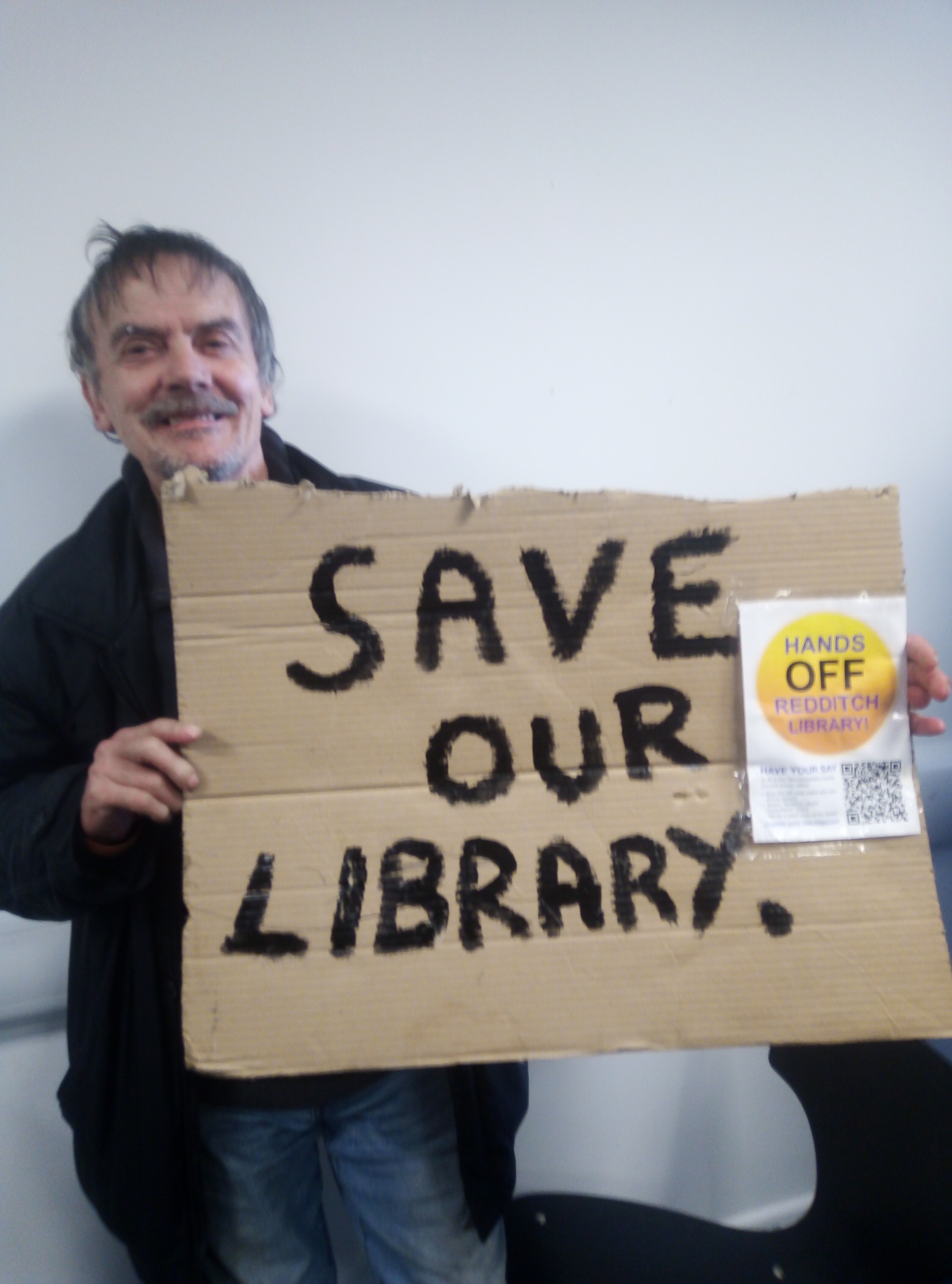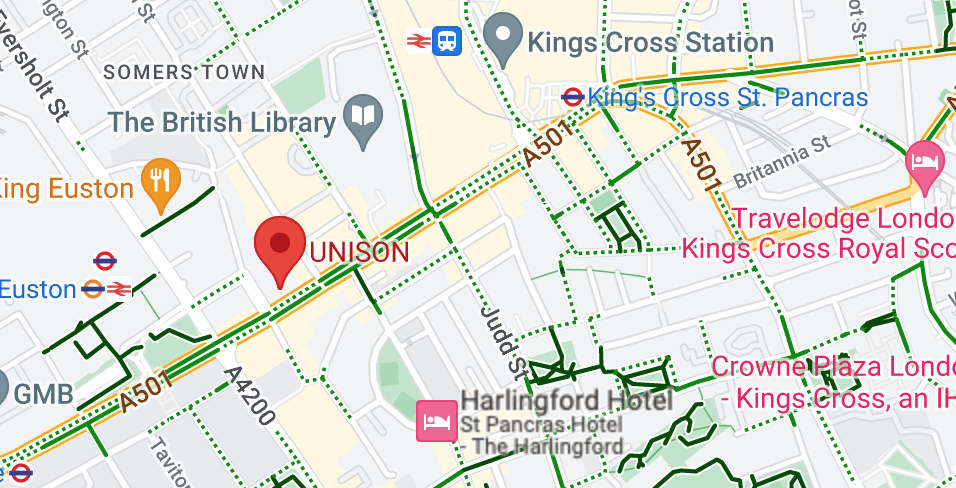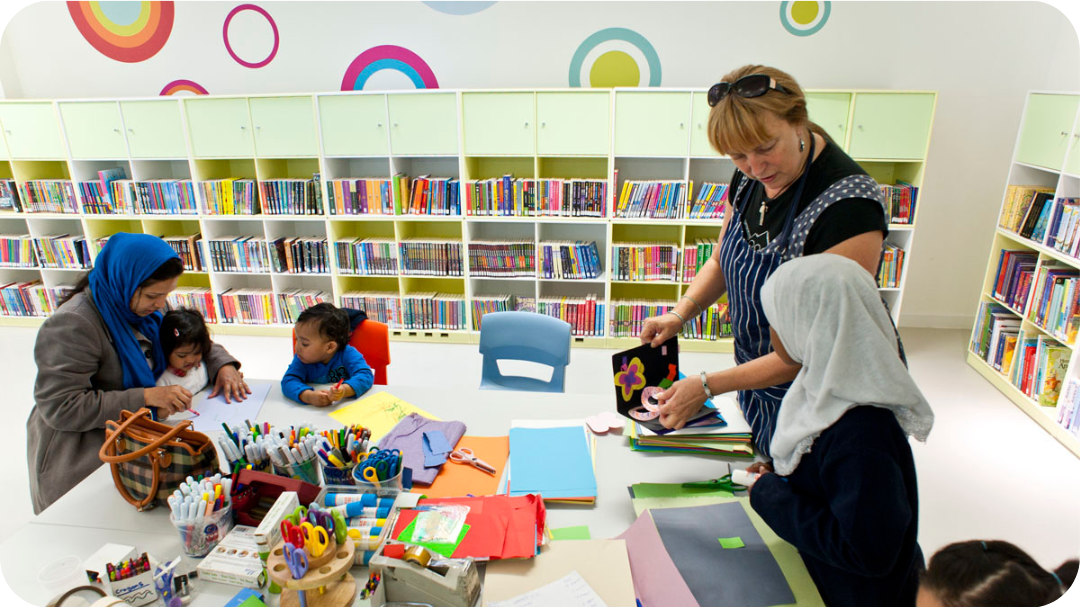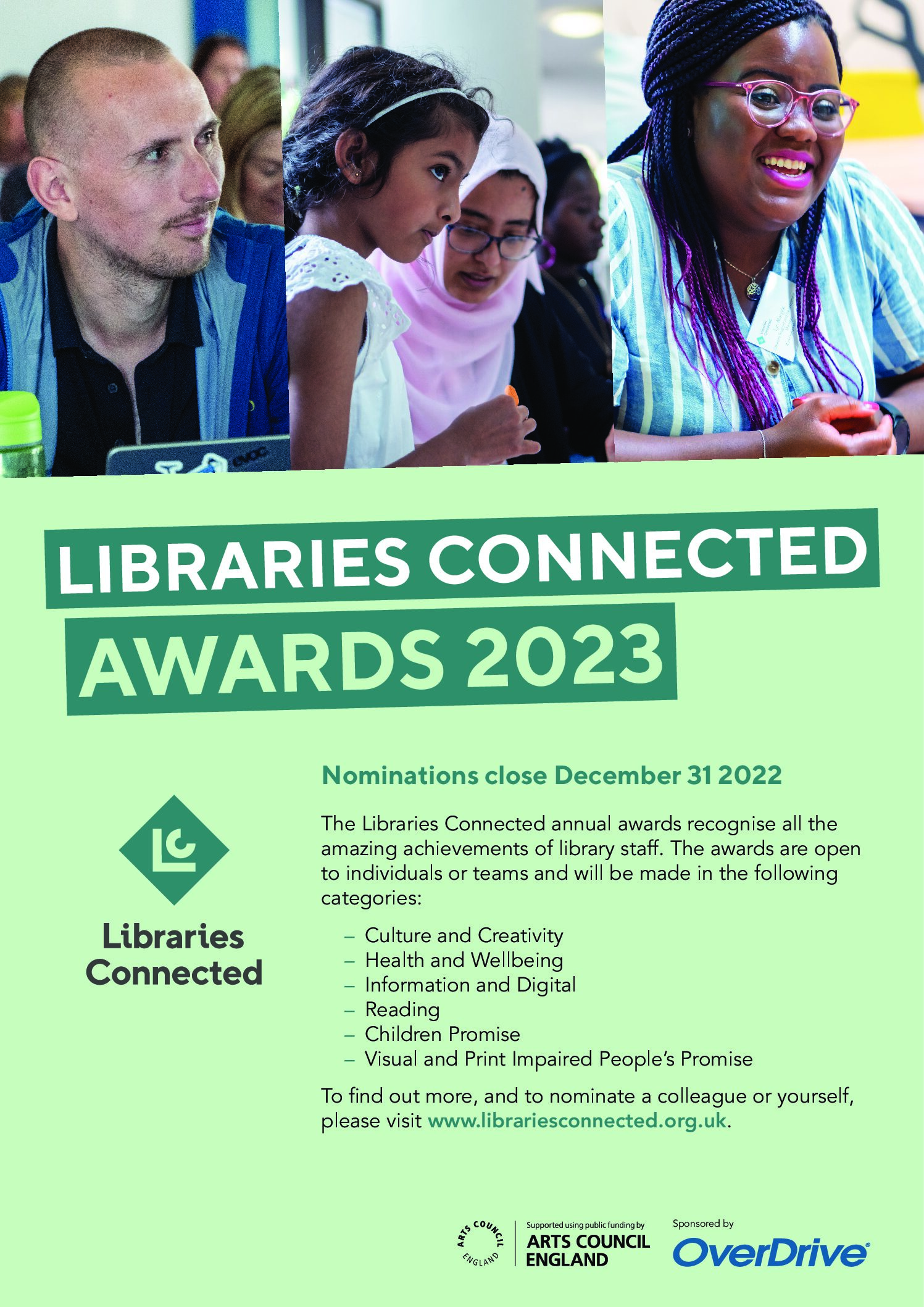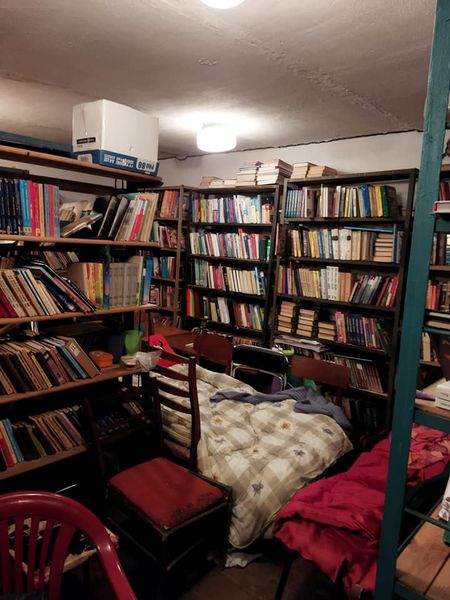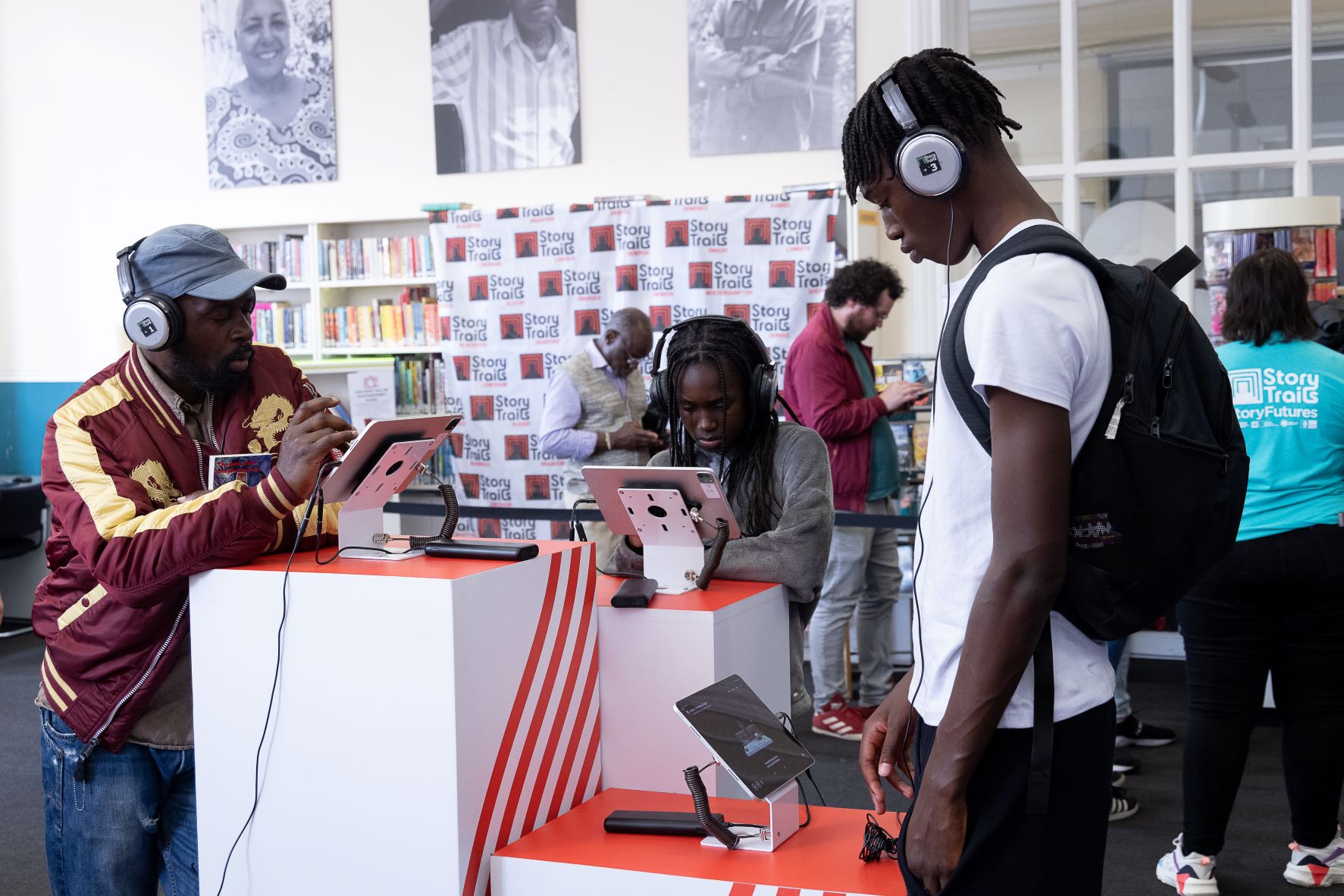That’s politics… the shadow libraries minister we met and liked, Lillian Greenwood, has been transported to transport. Now, after a nail-bitingly long wait, just as this newsletter was finalised, we have our new minister – Sir Chris Bryant (Rhondda MP).
He will be busy. His remit is: “arts and libraries, creative industries, museums and cultural property, cultural diplomacy and soft power, tourism and heritage”. He was shadow secretary of state for culture in 2015. Otherwise his political career has been in foreign policy committees and as long-standing Leader (or deputy or shadow Leader) of the Commons.
We are seeking an early meeting.
Lisa Nandy (Wigan MP) is Secretary of State (the 13th in 14 years). So, what about Lisa Nandy? She hasn’t had a culture brief before. She has consistently spoken against starving local councils, with culture especially in mind.
In her first speech to DCMS staff she said: “For too long, for too many people, the story we tell ourselves, about ourselves as a nation, has not reflected them, their communities or their lives… Changing that is the mission of this department. The era of culture wars is over…
“That is how I intend us to serve our country – celebrating and championing the diversity and rich inheritance of our communities and the people in them.”
There are parallel plans in education to get arts back into the schools curriculum.
Libraries should fit nicely into all this. But is their role as backbone “culture” provision fully understood? We don’t know.
The other minister is Stephanie Peacock (Barnsley South), who has sport, media, civil society, youth and “ceremonials”. And Baroness Twycross is just Minister for Gambling!
